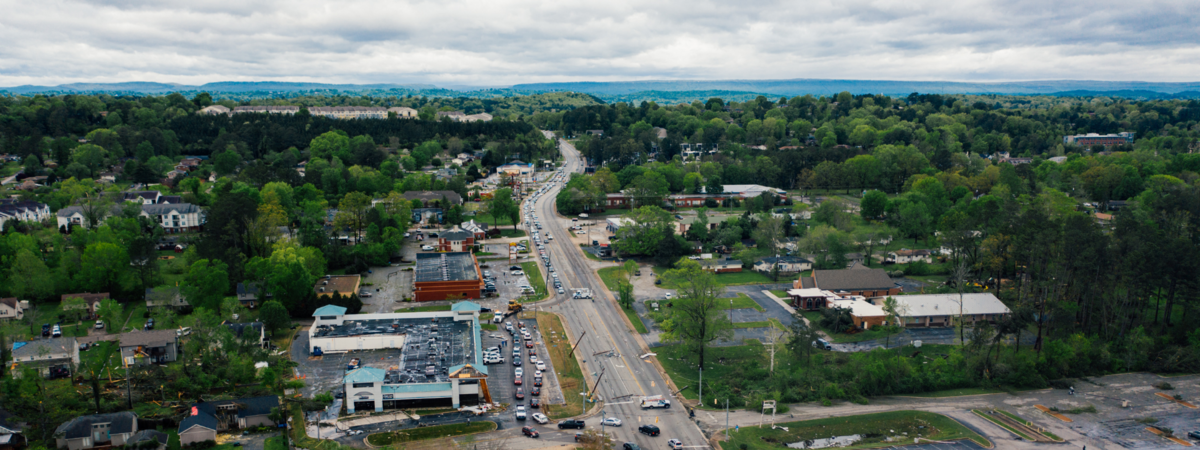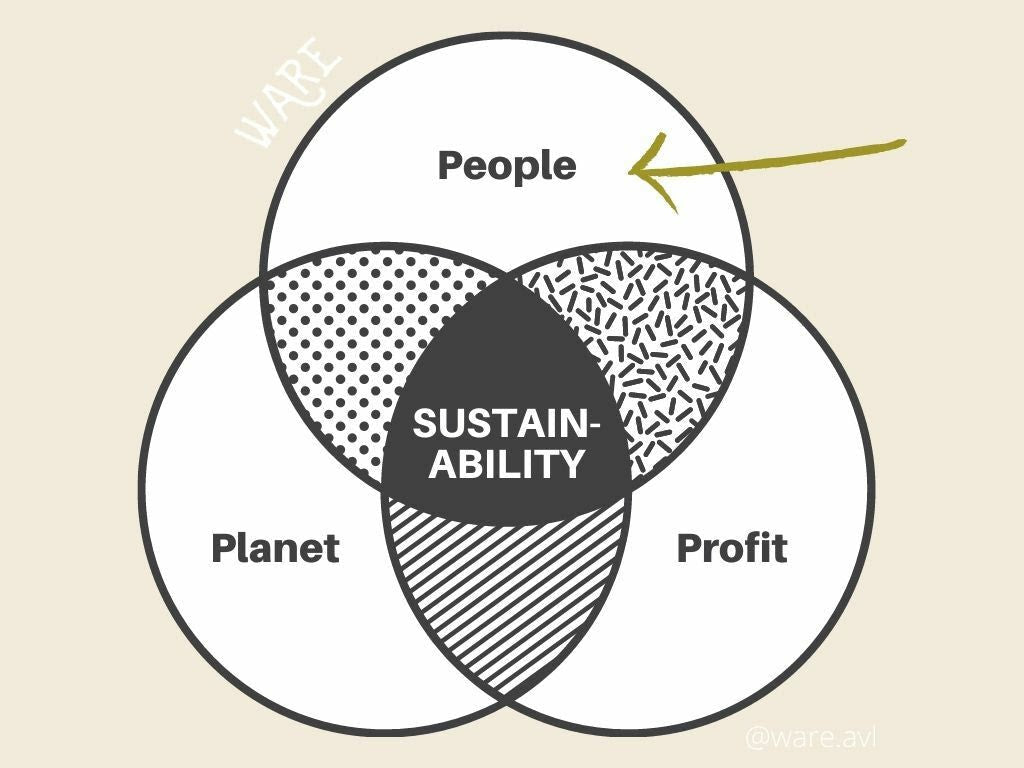
Your Community and the Inequity in Climate Change
As I write and talk about our individual actions—how we take actions for our own comfort as well as for the wellbeing of the world at large—I am reminded constantly that the stark reality of climate change does not affect every human equally, and certainly not fairly. Those of us with the largest homes to heat and cool are least likely to experience the negative repercussions of the greenhouse gases we're emitting. We know that substantively that the redlining practices started in this country in the 1930s continue to have detrimental effects on Black and brown communities both in terms of economics and health. It also plays out in the physical environments of these communities:
' “These neighborhoods tend to have people who live in housing without air conditioning and who don’t have access to cooling centers or bus service,” Shandas said. He added that it isn’t simply a matter of these neighborhoods not having access to cooling. “They are actually hotter in temperature than other communities,” he said.
With fewer shade-providing trees, parks and other green spaces, and a high density of heat-trapping concrete buildings and asphalt roads, these neighborhoods tend to retain more heat. The study found that redlined neighborhoods were 5 degrees F hotter on average than other neighborhoods in the same city. In Portland, Oregon and Denver, Colorado, the disparity was even more striking, a difference of upwards of 12 degrees F.'
The above excerpt is from this informative PBS article. It's a piece I think we should all keep in mind as we consider the urgency with which we make changes in our own lives as well push for change at the community, state, and federal levels.

If you find yourself wondering why we're talking about civil rights during Earth Month, the above image is a graphic illustration of sustainability: the intersection of people (ethics), profit (economics), and planet (environment). We quite literally can't address one without addressing the others. It's simply unsustainable—and exactly how we got in this pickle to begin with.
Talk soon,
Gillie

Leave a comment